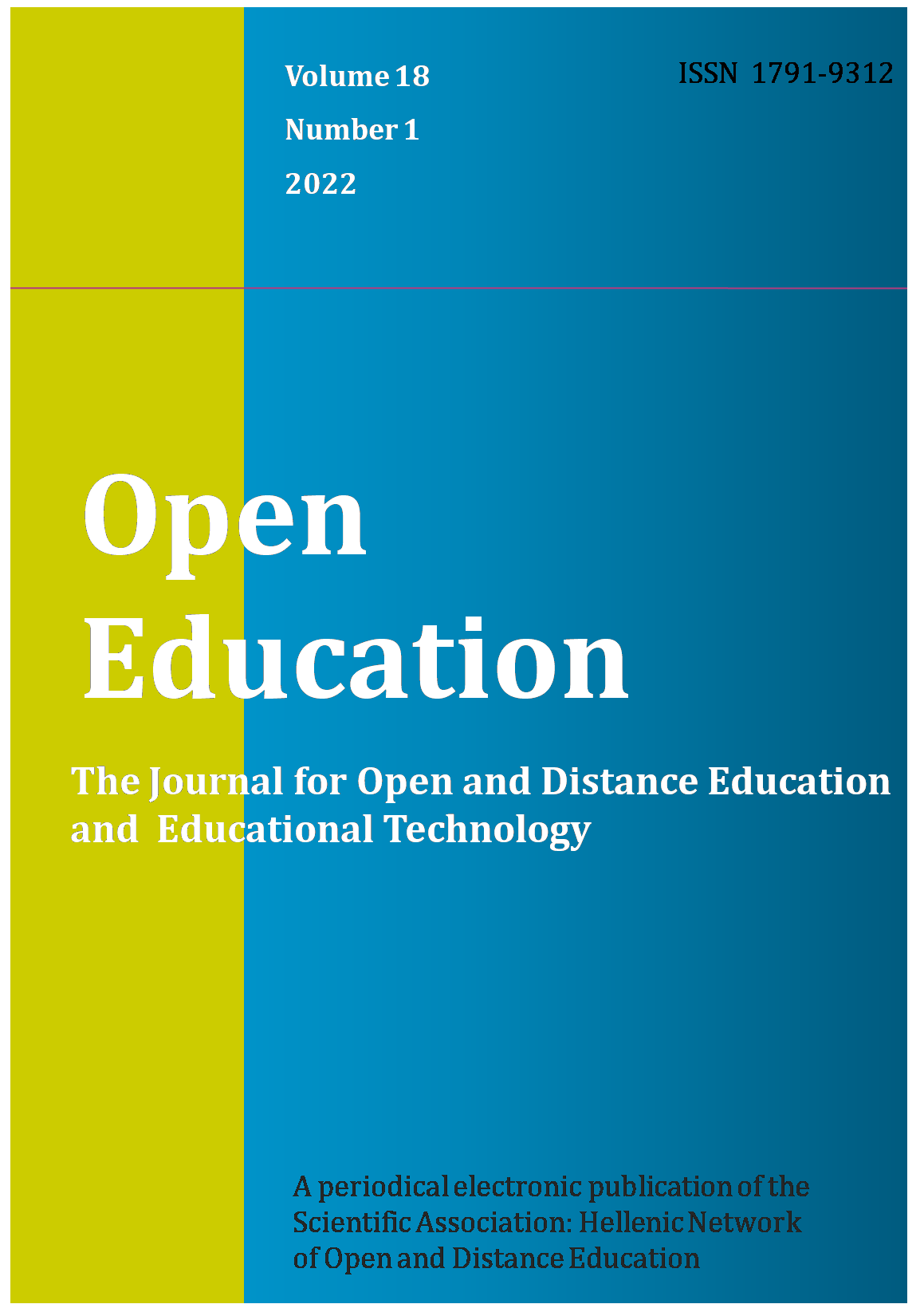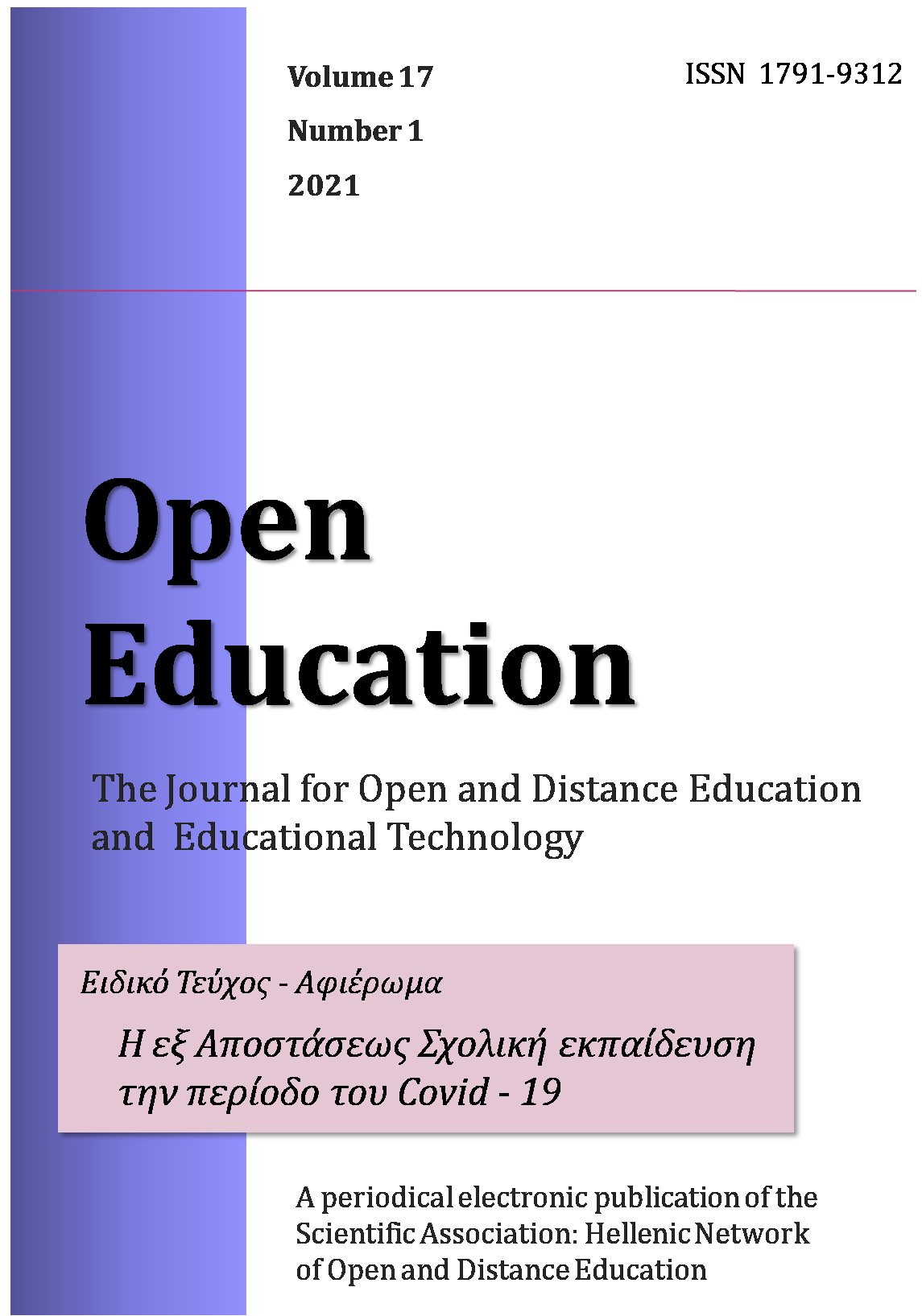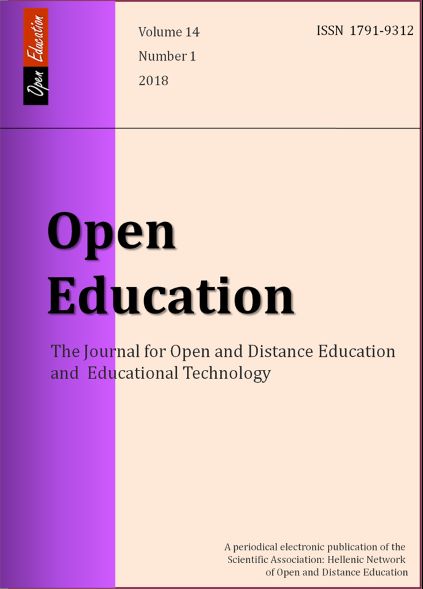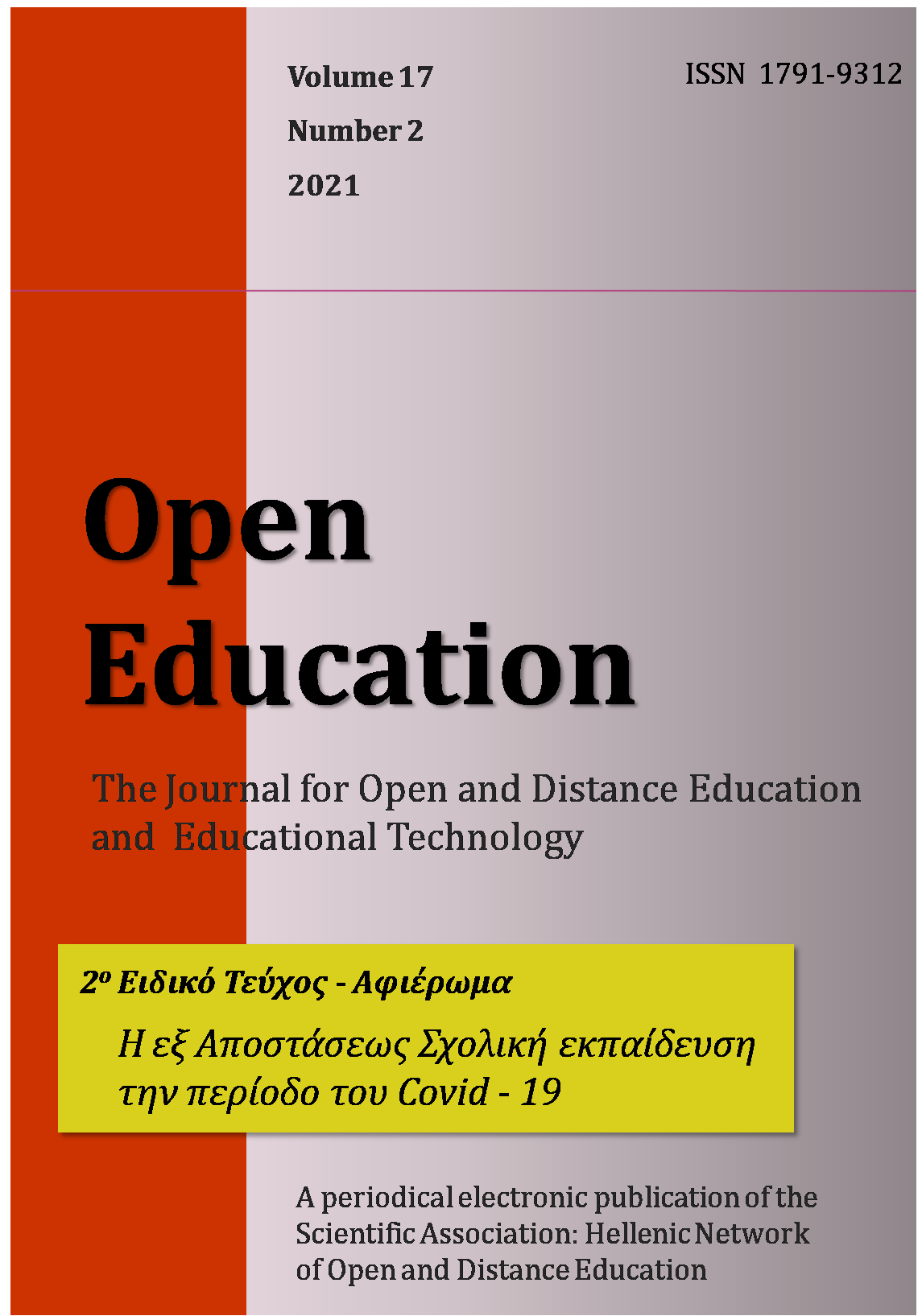Support and distance training of health professionals on mental health and psychosocial support for migrants and refugees
Résumé
This study focuses on the education of health professionals involved with psychosocial support for refugees. In order for the support of vulnerable groups to be effective, it is important first of all to become conscious and process their personal assumptions in relation to their profession and in relation to others and their needs. Cultivating reflective skills for health professionals could positively enhance both the provision of their services and their personal and professional development. Using the example of an e-learning training program, an attempt is made to investigate how health professionals think according to their education, stereotypical perceptions and their relationship with the refugee patient. The participants in the program were 135 health professionals of various specialties (doctors, nurses and social workers) serving in the Prefecture of Achaia, with relevant experience in migrant structures. Out of these, 89 people completed the LAS questionnaire with adjustments, after the end of the programme in the period between February-July 2020. The findings of the research show that a distance learning programme has the potential to provide reflective opportunities and awareness of migrant issues, as long as it is properly organised in this direction.
Article Details
- Comment citer
-
- Rubrique
- Μέρος πρώτο / Section 1






